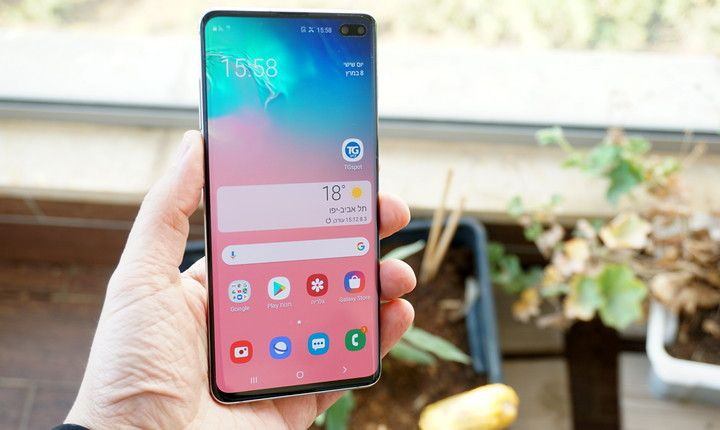Samsung Exynos 990 Lacks 5G, Not Designed To Power Flagship Galaxy S11

Samsung stunned everyone when it lifted the lid on its newest premium mobile processor, the Samsung Exynos 990. If used on the latest Samsung Galaxy S11 smartphones series, the Exynos 990 will bring increased graphical performance, power efficiency, and terrible speed. However, this latest mobile processor will not be going to power the company’s latest Galaxy S11 smartphone series.
The Seoul-based company has officially released the new Exynos 990 processor at October 26 event, and most of the media attended that launch event has generally assumed that the new Exynos 990 would be the company's next-gen flagship System-on-Chip(SoC), powering the company’s latest flagship smartphone, like the Galaxy S11. Apparently, that won't be the case because Samsung is changing the plan, and Exynos 990 is not designed to power the company’s flagship phones. Instead, the new chip is design to target a slightly different market, possibly 4G. The new chip lacks support for 5G technology, a crucial tool in today’s battle of modern smartphones.
Exynos 990 is not coming to Samsung Galaxy 11
According to XDA-Developers, the newly-revealed Samsung Exynos 990 will not be the company’s flagship SoC for the 2020 portfolio. The Samsung Exynos 990 is a successor of the previous Samsung mobile chip, the Exynos 980, an SoC that was more of a Huawei Kirin 810 competitor than a flagship mobile chipset. The latest mobile processor, which was built on Samsung’s 7nm process and features a Mali-G77 GPU, lacks the integrated 5G modem technology found in the previous Exynos 980 chipset. This means only one thing; the latest mobile processor is designed for powering 4G devices, not 5G phones that many are expecting. If Samsung wants it to use in a 5G device, the company needs to pair the Exynos 990 with a separate modem, like the newly-released 5G Exynos Modem 5123.
Right now, Samsung doesn’t provide information about which phones the new chipset will power, but with mass production expected to start later this year, there’s already speculations and reports that the new chip might hit the company’s Galaxy S11 devices early next year. However, based on the company’s past track records and recent tech trends, the new chip will be unlikely to hit Samsung’s devices in China or the United States, which have historically used Qualcomm Snapdragon chipsets.
What to expect from this new mobile chip when used on Galaxy S11 series
If used by Samsung in the latest Galaxy S11 smartphone series, the new mobile chipset will give the Korean smartphone brand a huge weapon in the highly competitive mobile market. First, the new chip boasts a 120Hz refresh-rate display driver, which means that it can support the company’s smoothest panels and displays. Most of the modern smartphones on the market today, including the Galaxy S10 and the Samsung Note 10, boast 60Hz displays. Upping that refresh rate will only result in a smoother and faster mobile user experience.
The new chip could also bring new capability and major enhancement. The new chip is designed to support up to six camera systems at a resolution of up to 108-megapixels, adding a significant improvement to the photography capabilities of the company’s latest flagship device, the Galaxy S11.
© Copyright IBTimes 2024. All rights reserved.





















